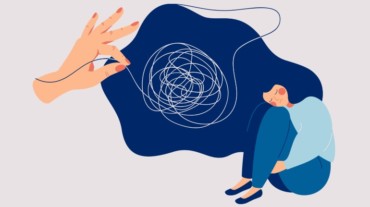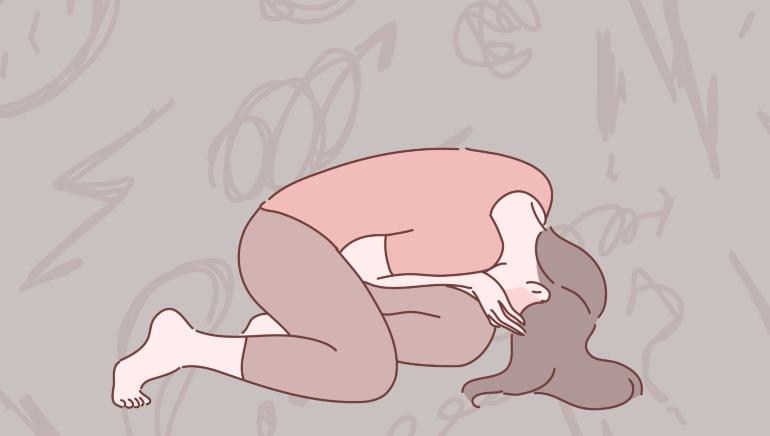Science says that eating probiotics can help ease depression

- 66
It is a known fact that probiotics work wonderfully when it comes to gut health. But did you know that probiotics contain microbes that also help to boost your mental health? And this study is the recent proof that probiotics have a lot to do with our minds as well.
According to a review published in the journal BMJ Nutrition Prevention and Health, probiotics either taken alone or when combined with prebiotics, may help to ease symptoms of depression. But when it comes to anxiety, the researchers are a little unsure.
Our gut and brain are connected says the report
Our whole body is connected to one and another, and maybe that’s why food has the kind of impact that it does on our mood. Foods with helpful bacteria in the gut are collectively known as probiotics, while prebiotics are compounds that help these bacteria to flourish.
A two-way relationship exists between the brain and the digestive tract, known as the gut-brain axis. And the possibility that the microbiome—the range and number of bacteria resident in the gut—might help ease mental illness has become a focus of interest in recent years.

Between 2003 and 2019, plenty of studies have looked at the potential therapeutic contribution of pre- and probiotics in adults with depression and/or anxiety disorders.
Lactobacillus is the key to the cure
This recent review did an initial haul of 71 studies, out of which just seven met all the criteria for inclusion. All seven were investigated for at least one probiotic strain, out of which four looked at the effect of combinations of multiple strains.
In all, 12 probiotic strains featured in the selected studies, primarily Lactobacillus acidophilus, Lactobacillus casei, and Bifidobacterium bifidum. One study looked at combined pre-probiotic treatment, while one looked at prebiotic therapy by itself.
The outcome of this study was that probiotic supplements either alone or in combination with prebiotics may be linked to measurable reductions in depression. The good news is the study showed a significant fall or an improvement in anxiety symptoms.
Out of the 12 different probiotics that were investigated, 11 were potentially useful.
But there’s a caveat to this review. Apparently, none of the included studies lasted very long, and due the small sample size nothing concrete can be drawn.
Probiotics are great for your gut, period!
Whenever you face a gut problem, probiotics come to your rescue. That’s because probiotics can help reduce the production of inflammatory chemicals, such as cytokines, as is the case in inflammatory bowel disease, suggest the researchers. Or they may help direct the action of tryptophan, a chemical thought to be important in the gut-brain axis in psychiatric disorders.
As anxiety disorders and depression affect people very differently, they require treatment approaches that take account of these complexities, they say. “In this way, with a better understanding of the mechanisms, probiotics may prove to be a useful tool across a wide range of conditions,” the researchers write.

People with depression and/or anxiety disorders also often have other underlying conditions, such as impaired insulin production and irritable bowel syndrome, they point out.
“As such, the effect that probiotics have on patients with [common mental disorders] may be twofold: they may directly improve depression in line with the observed findings of this review, and/or they might beneficially impact a patient’s experience of their [common mental disorder] by alleviating additional comorbidities,” they further wrote.
“Purely from the information gathered for this review, it is valid to suggest that, for patients with clinically recognised depression: isolate, or adjuvant prebiotic therapy is unlikely to affect an individual’s experience of their condition in a quantitatively evident way; and that isolate or adjuvant, probiotic/combined prebiotic-probiotic therapy may offer quantitatively measurable improvement in parameters relating to depression,” they continued.
Also, listen:
“However, there is inadequate data to suggest anything meaningful to support or refute the use of either pre/probiotic agents (or a combination of both) in patients with clinically recognised anxiety disorders; this would be a useful area to investigate further,” the researchers concluded.
So, the bottom line is that never forget your daily dose of probiotics then may it be for your gut or mental health.
(With inputs from ANI)
Get latest updates on health and wellness along with Health News








